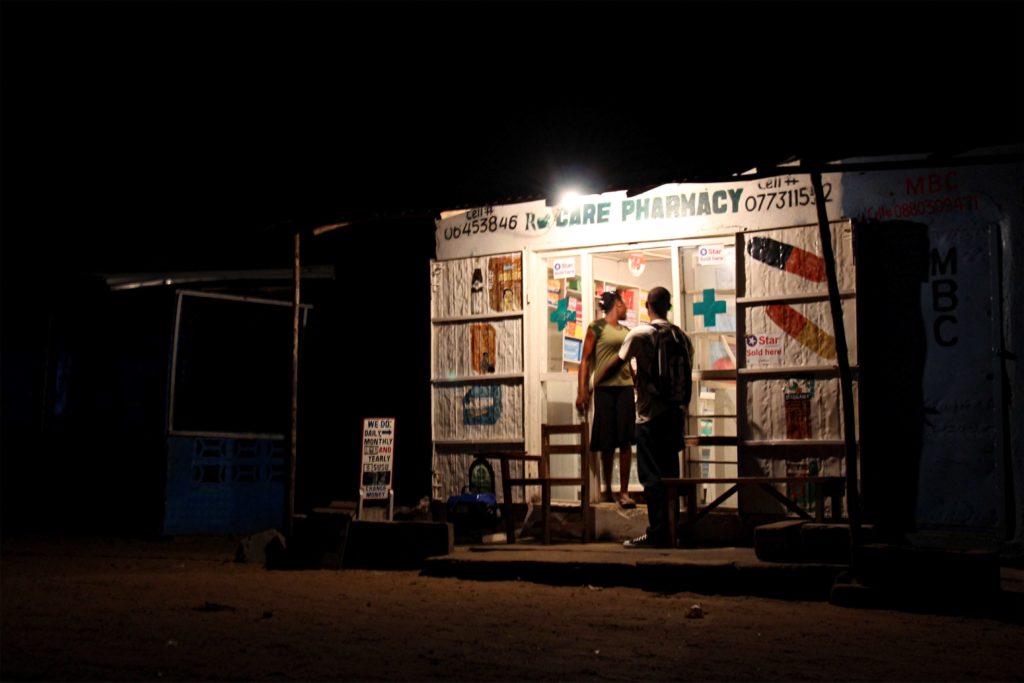
UN Pact for the Future: The new global roadmap to sustainability
The United Nations recently adopted the UN Pact For The Future, its latest framework aimed at addressing global challenges and accelerating progress on the Sustainable Development Goals (SDGs), reforming international financial systems to better serve developing nations, tackling climate change, and governing emerging technologies like artificial intelligence. We take a closer look at what this means for climate science.











